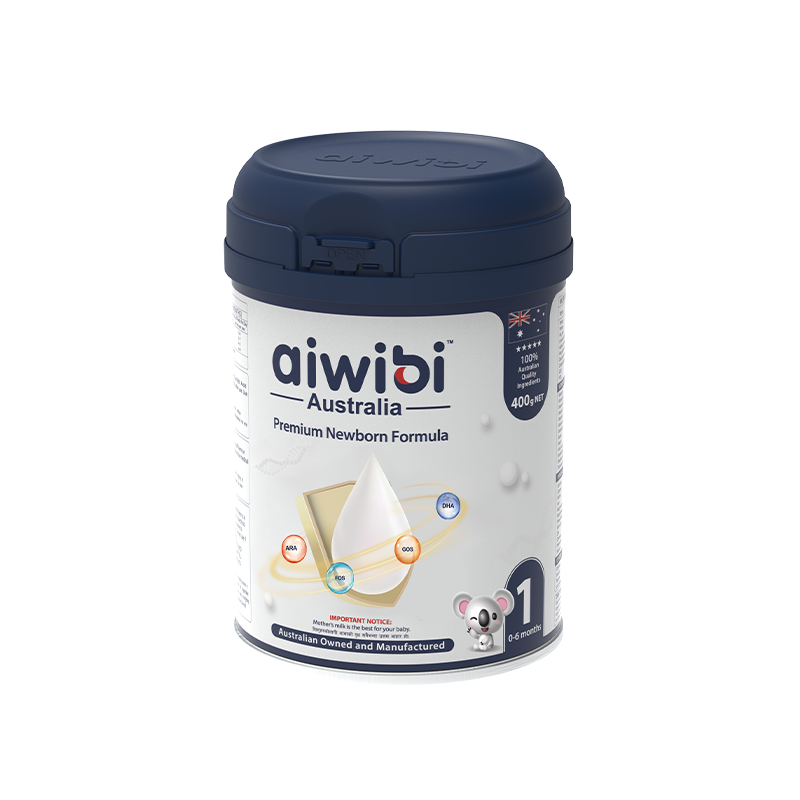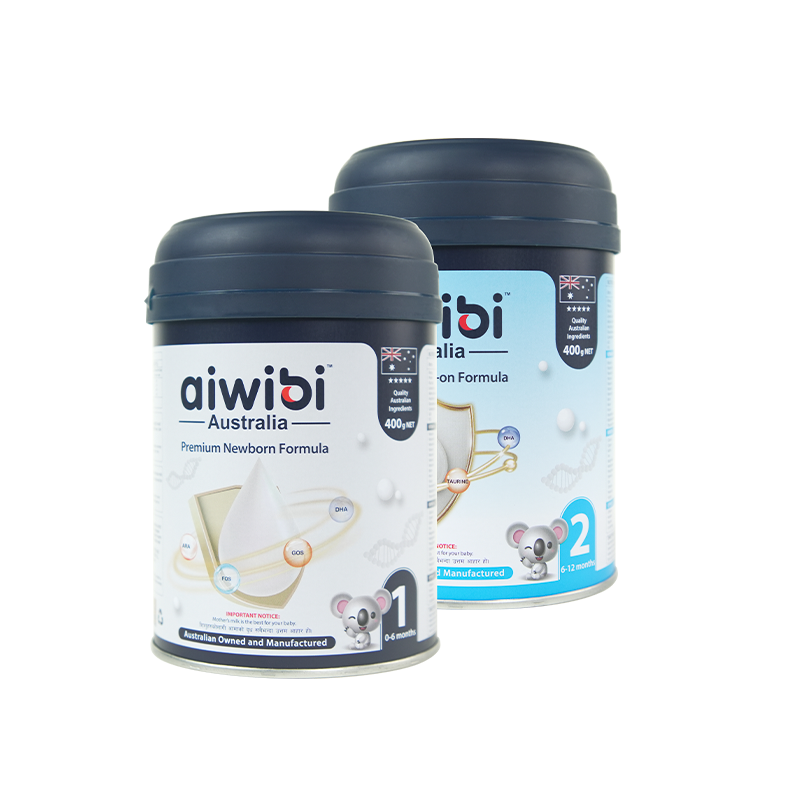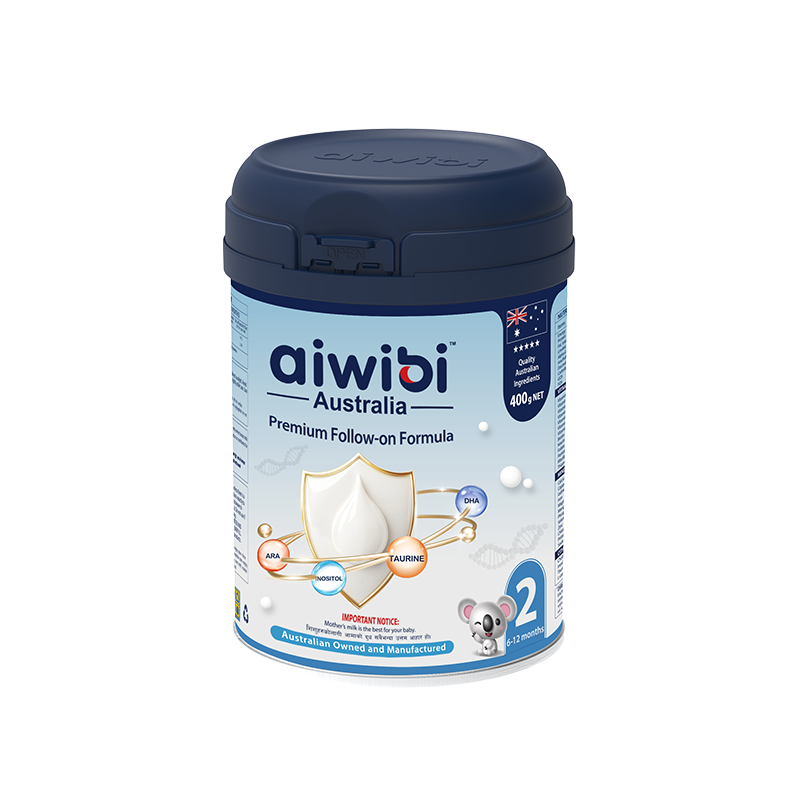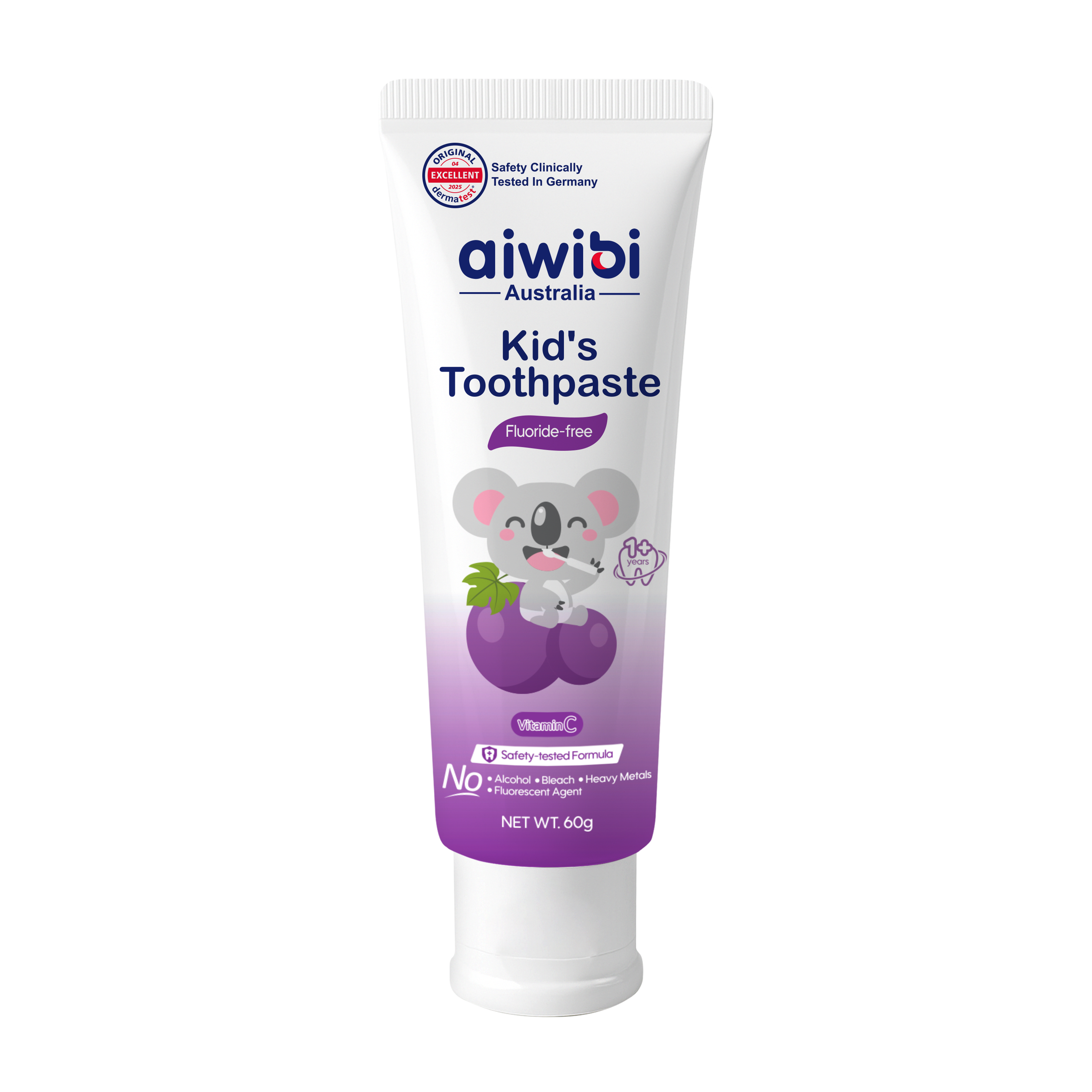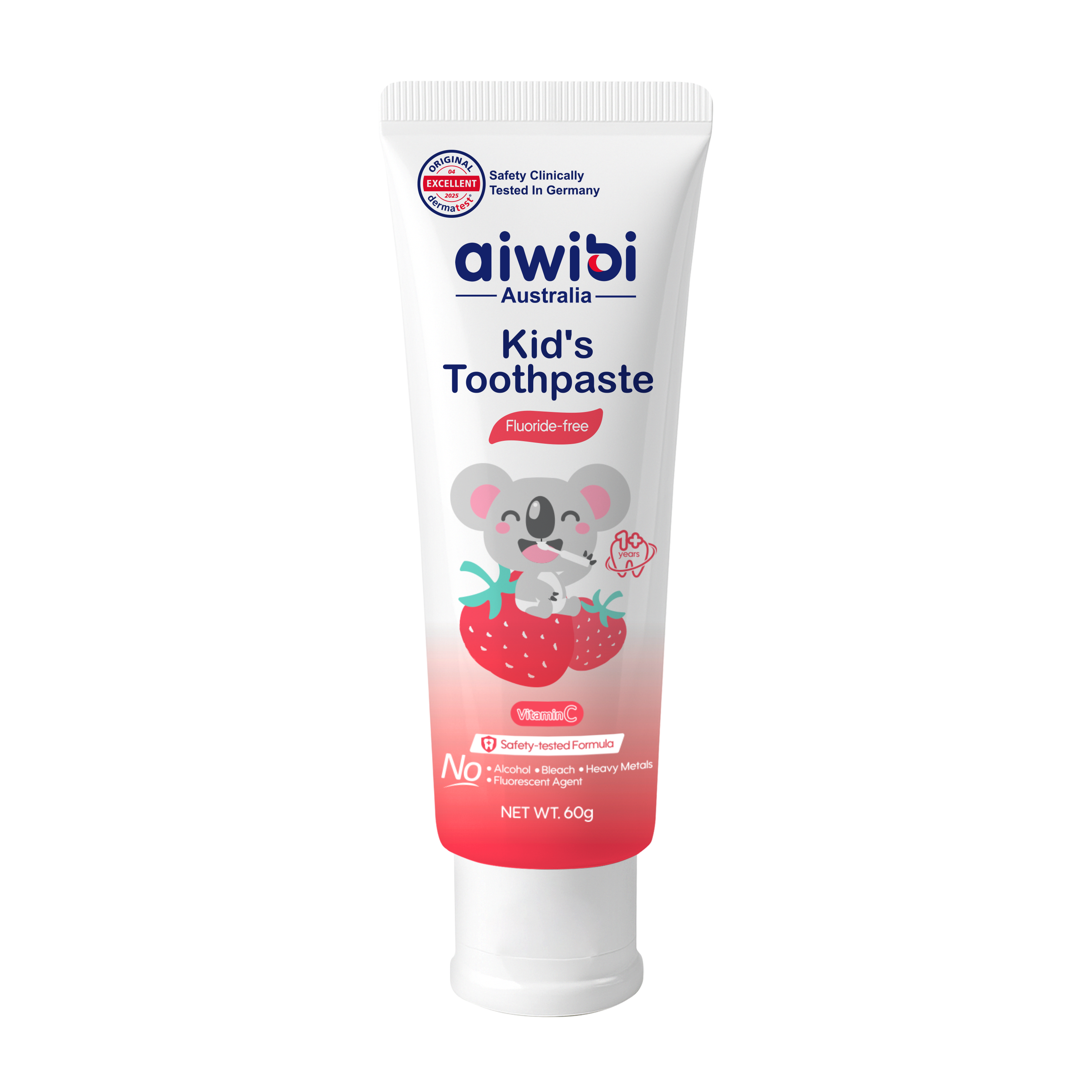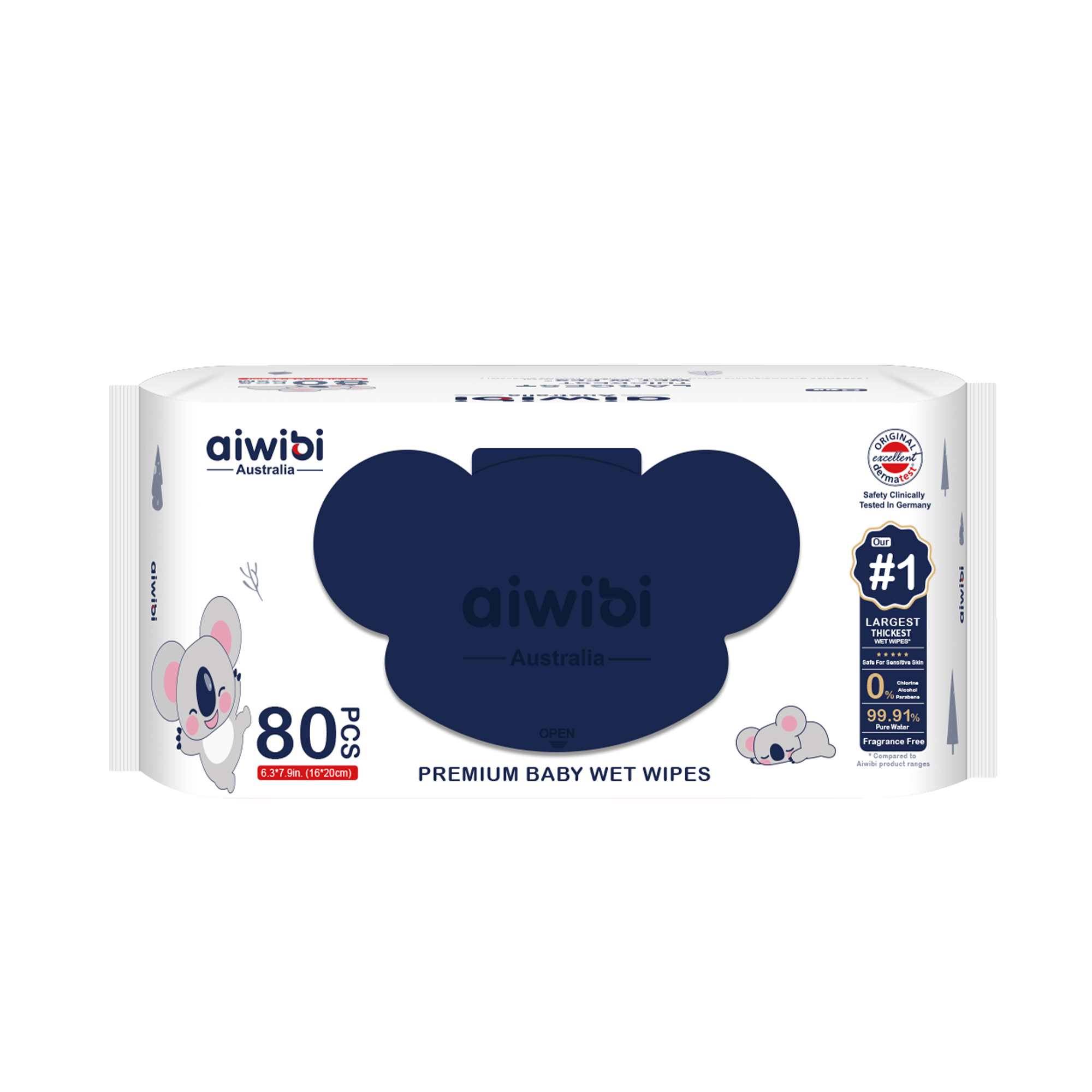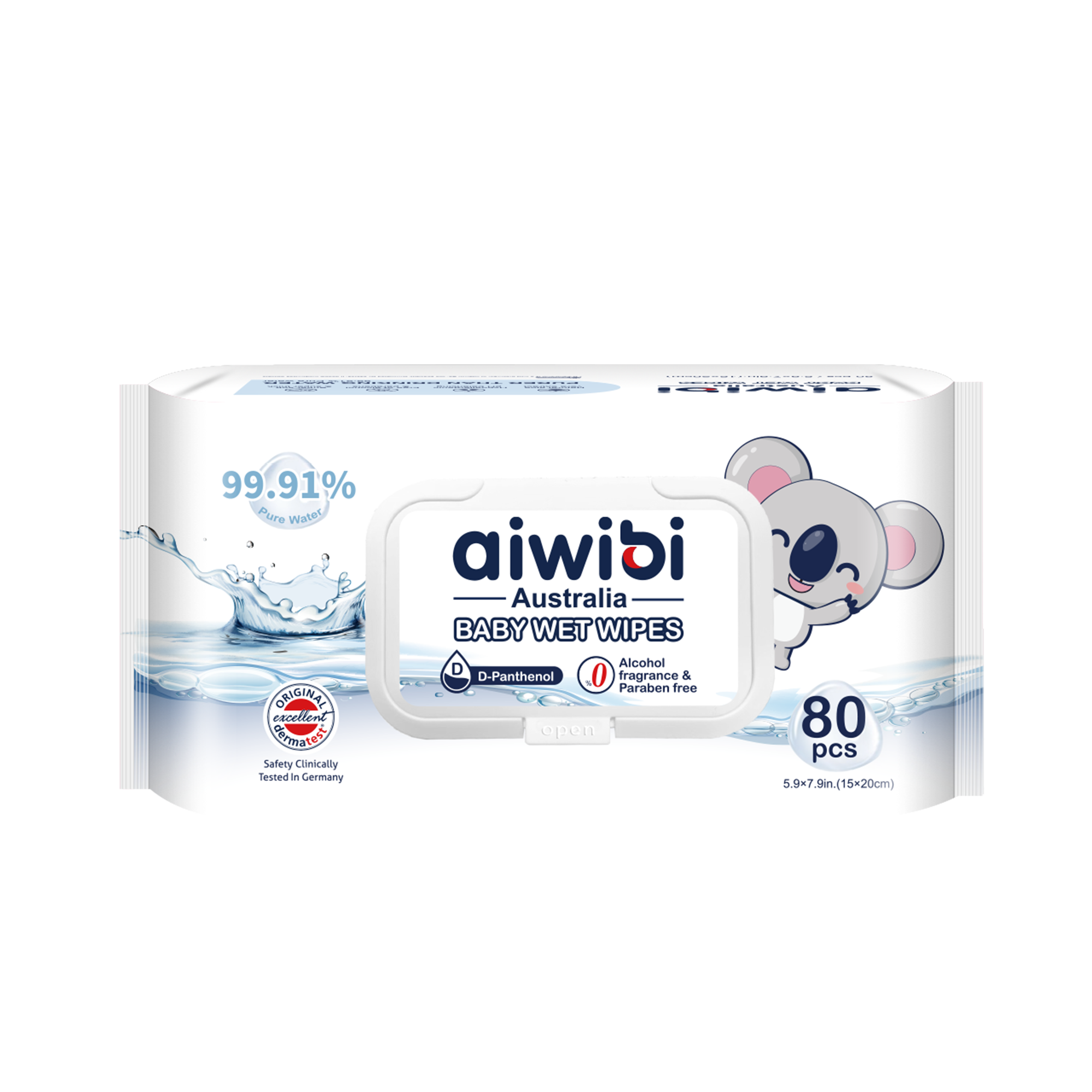As summer temperatures soar, keeping your baby comfortable and safe is a priority for parents. One of the most common concerns is how to manage air conditioning (AC) in a way that benefits your little one. What’s the ideal AC temperature for babies in the summer? Is it safe to use AC for a newborn? In this guide, we’ll answer these questions and offer tips for ensuring your baby stays comfortable during the warmer months.
What’s the Best AC Temperature for Summer?
For a baby’s health and comfort, the optimal AC temperature is typically between 22-26°C (72-79°F). This range ensures that the room is cool enough to avoid overheating without becoming too cold.

While you might come across terms like "AC temperature in summer at night," the best approach is to tailor the temperature to your baby's comfort, as their needs can vary. For most babies, a consistent temperature within this range promotes a peaceful environment for both day and night.
Best AC Temperature for Sleeping
Creating a comfortable sleep environment is crucial for your baby. For a baby’s room at night, the general recommendation is to keep the temperature between 22-24°C (72-75°F). This temperature helps babies sleep more soundly by preventing overheating, and it's not so cold as to cause discomfort or shivering.
Some babies may prefer the warmer end of this range. Observe your baby's comfort cues like sweating or cool extremities.
AC Temperature for Babies in Cars
In cars, the "AC temperature for baby in summer" is just as important as at home. Cars can heat up quickly, so always ensure the vehicle is sufficiently cool before placing your baby inside. The ideal temperature in the car should be the same as indoors—around 22-26°C (72-79°F). Avoid directing cold air directly at your baby to ensure their comfort and prevent chills.
⚠️ "Never leave a baby unattended in a parked car - temperatures can become lethal within minutes even with AC running."

Special Care for Babies in Cars
- Rapid Temperature Changes: Cars can heat up very quickly, even on relatively mild days. A parked car can reach dangerous temperatures in just minutes, putting your baby at risk of heatstroke.
- Limited Thermoregulation: Newborns and young babies cannot regulate their body temperature as effectively as adults, making them more prone to overheating.
- Car Seats and Airflow: Car seats can restrict airflow around your baby, causing heat to build up. Ensure the air circulates properly to avoid this.
- Avoid Direct Cold Air: While it's important to cool the car, avoid blowing cold air directly on your baby, as it can cause discomfort and potential respiratory issues.
Cooling Down Without AC
If you're in a place without AC, you can still keep your baby cool:
- Ensure Ventilation: Open windows and use fans, but avoid having the fan blow directly on your baby.
- Lukewarm Bath: A gentle sponge bath with lukewarm water can help cool your baby down.
- Light Clothing: Dress your baby in one light layer or just a diaper to keep them comfortable.
- Stay Hydrated: Offer frequent feeds to keep your baby hydrated and cool.
- Seek Cooler Spaces: If possible, move to a basement or lower floor, where temperatures are naturally cooler.

Side Effects of AC on Baby
While AC can provide much-needed relief during hot weather, there are a few potential side effects to watch out for:
- Dry Skin: AC can dry out the air, leading to dry skin for both you and your baby. Moisturize their skin regularly.
- Respiratory Irritation: Direct exposure to cold air can cause mild respiratory issues, like a stuffy nose.
- Temperature Drops: If the AC is set too low, your baby may experience a slight drop in body temperature. Always check to make sure they’re comfortable.
Conclusion
Maintaining a comfortable room temperature for your baby during the summer is essential for their health and well-being. The ideal room temperature for newborns is typically between 22-26°C (72-79°F), and it’s important to monitor how your baby responds to the temperature. Whether you're using AC or natural cooling methods, always prioritize your baby's comfort and hydration. And if you're ever uncertain, consult a healthcare provider to ensure you're taking the best care of your little one during the warmer months.


